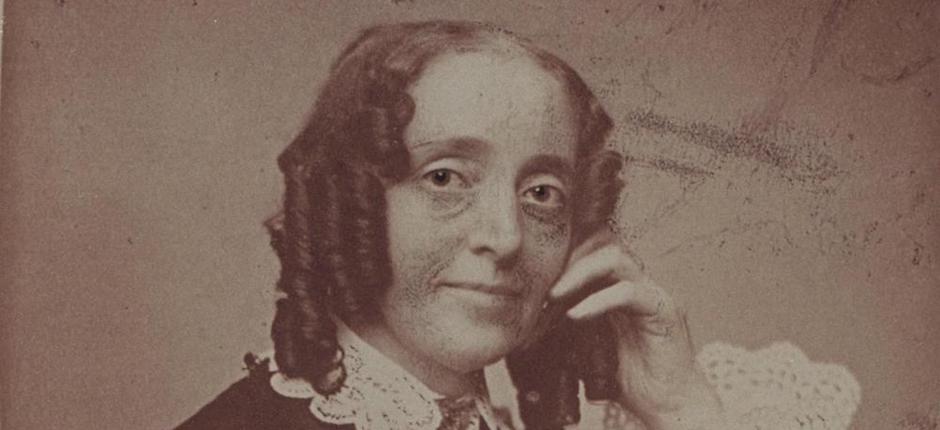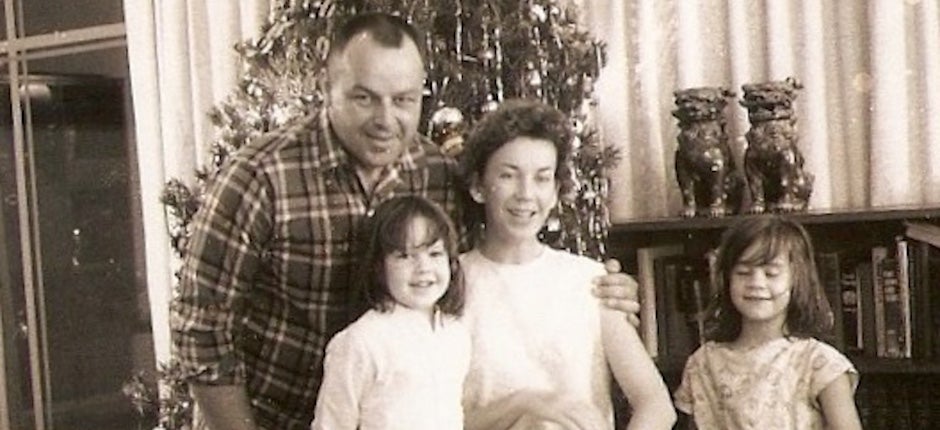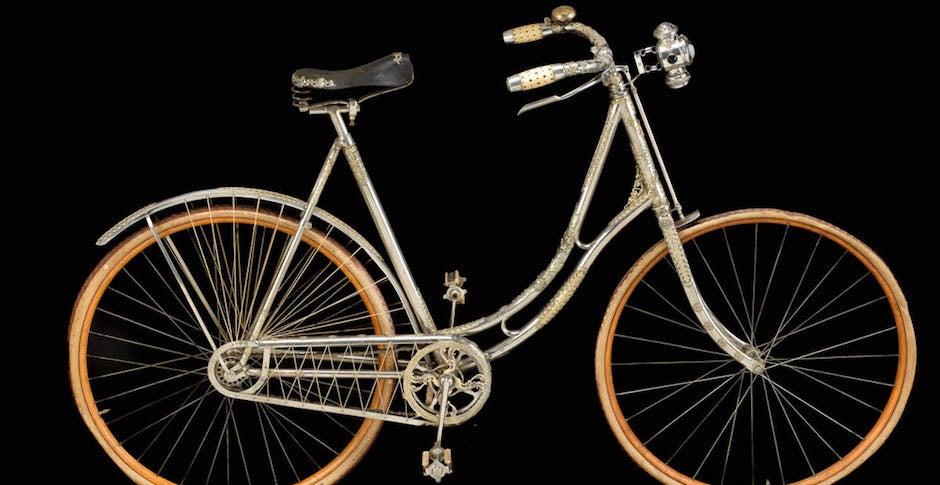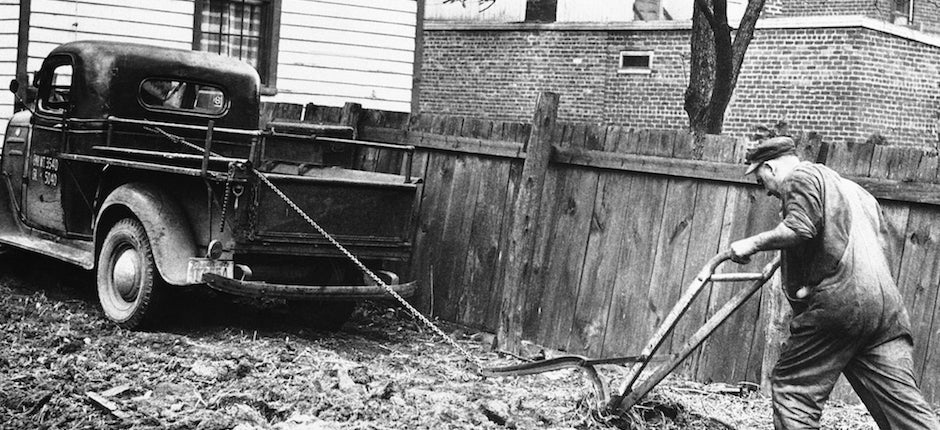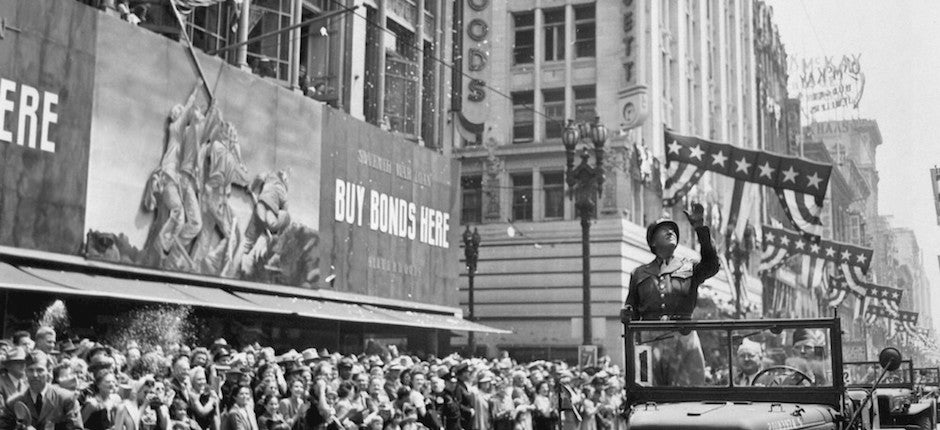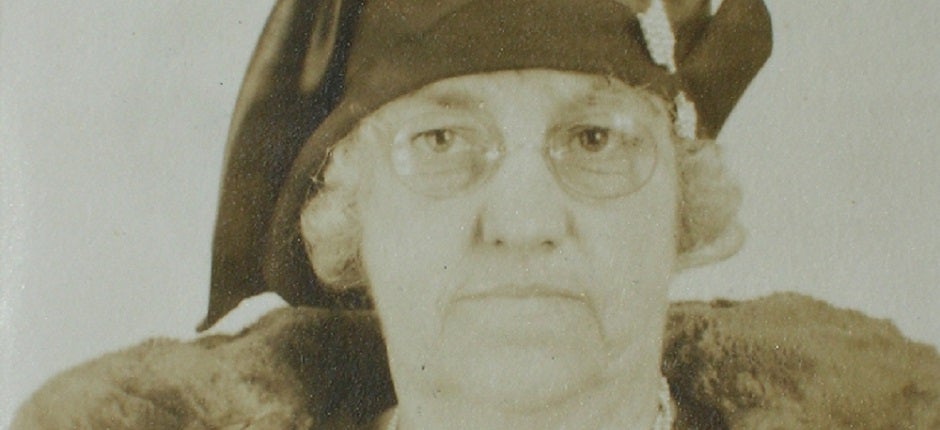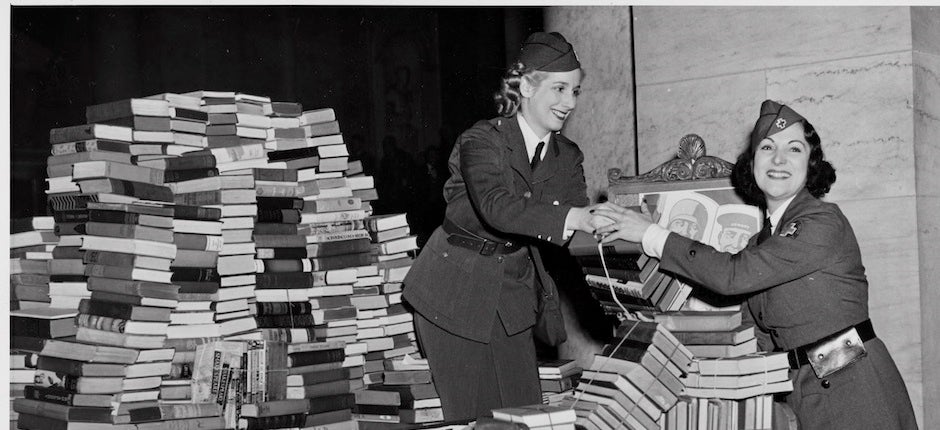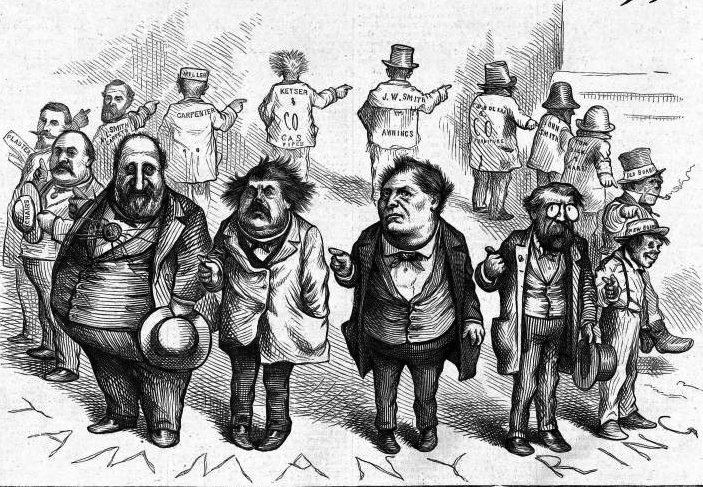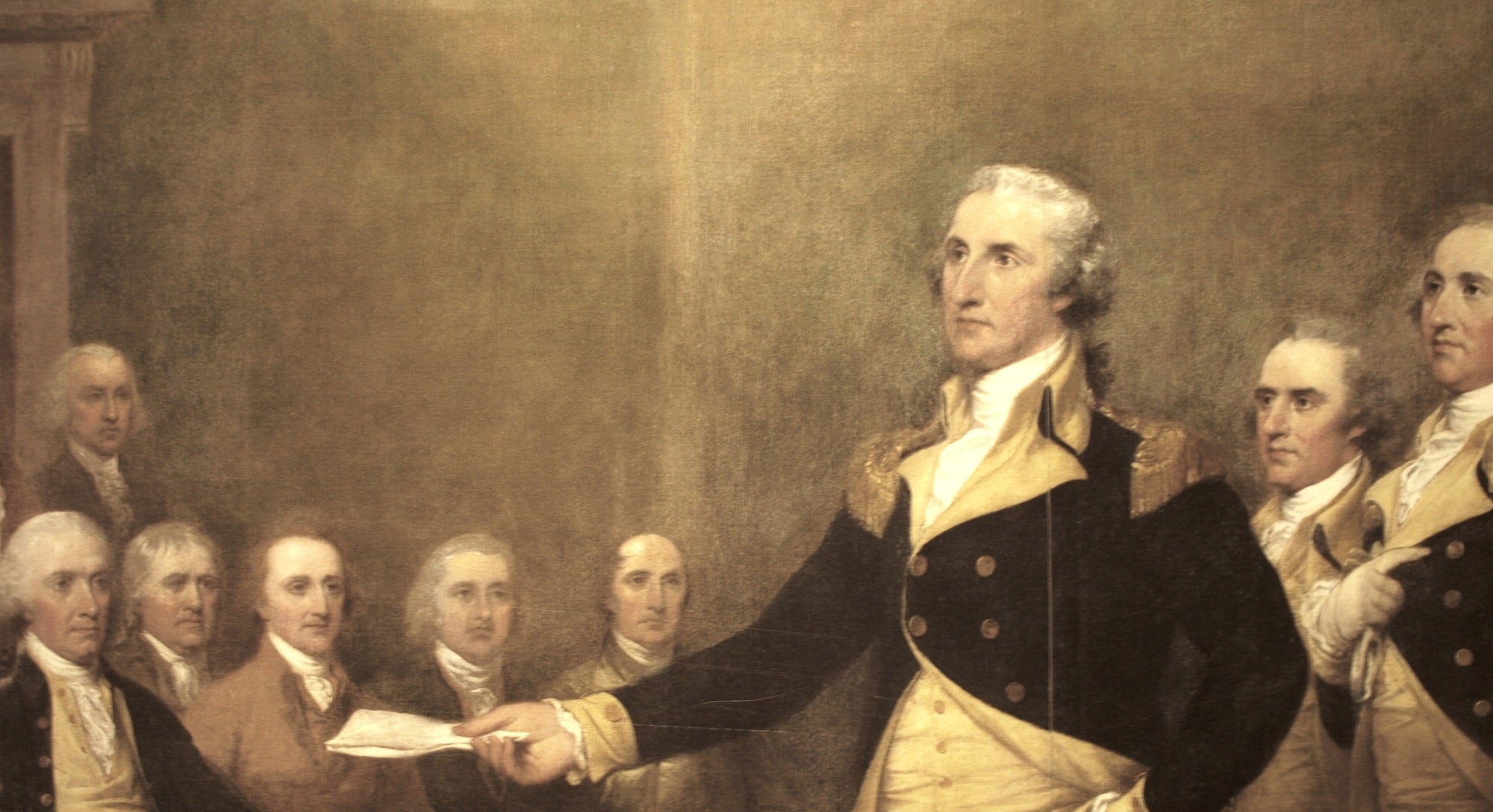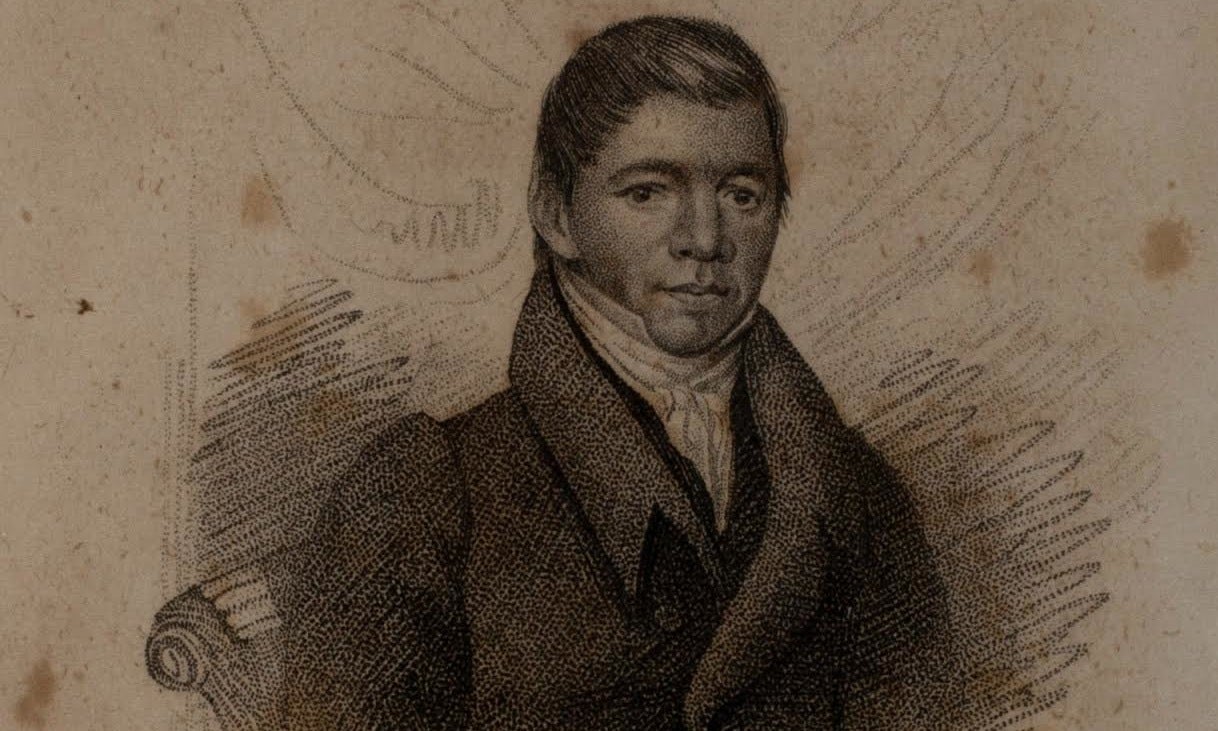The Immigrant Activist Who Loved America’s Ideals, If Not Its Actions
Ernestine Rose Championed Abolition and Women’s Rights in Her Adopted Land
On May 22, 1869, at age 59, the famous activist and orator Ernestine Rose became an American citizen in her own right.
Her decision to do so, at such a late stage of her life, was paradoxical. Rose had long admired the United States, working ardently to make it a better place whenever it fell short of its promise. Legally, she had been a citizen since the 1840s, when her husband, the English silversmith William Rose, became an American: Throughout …


